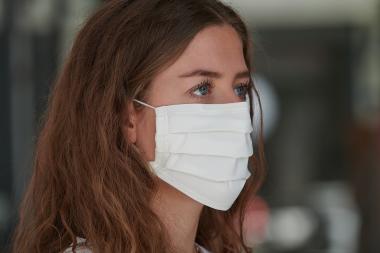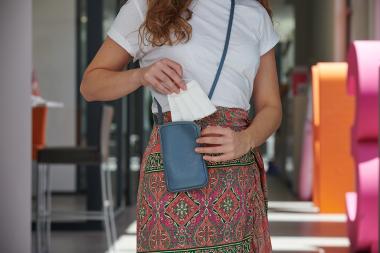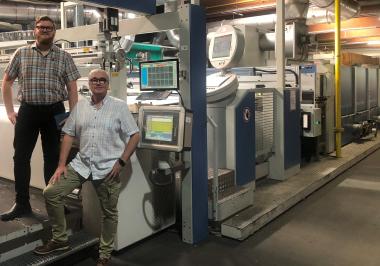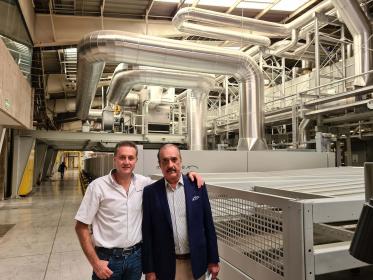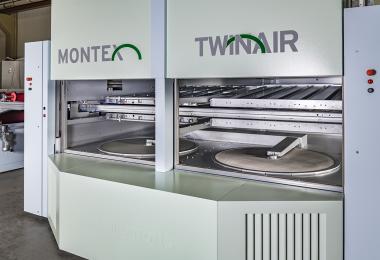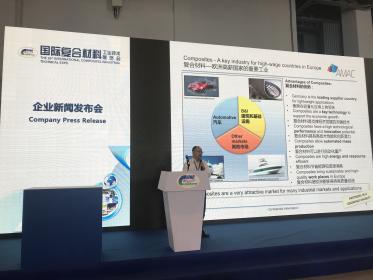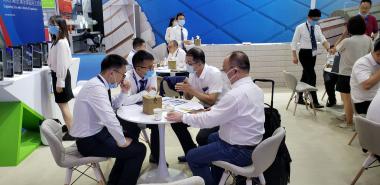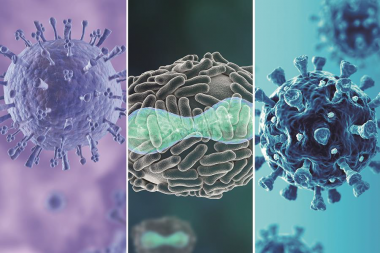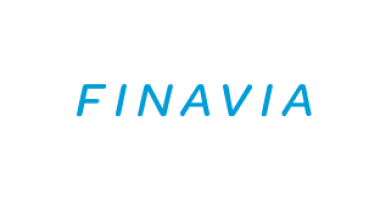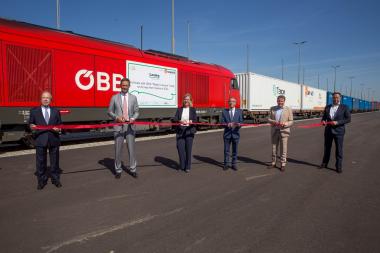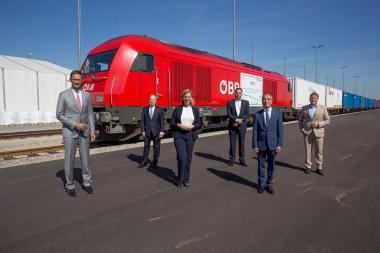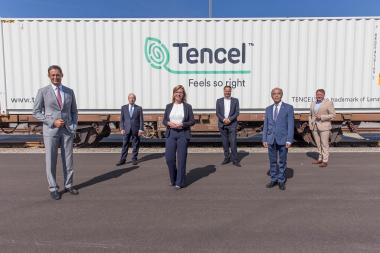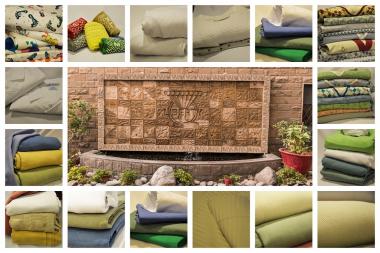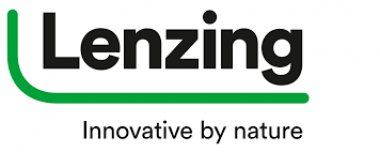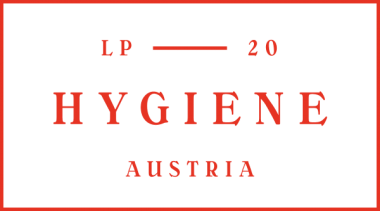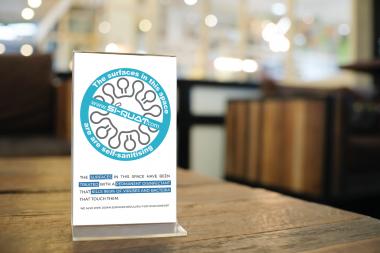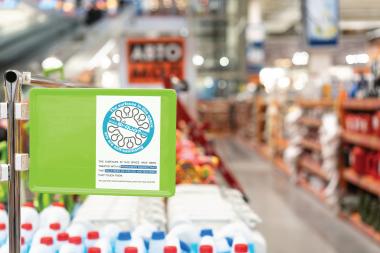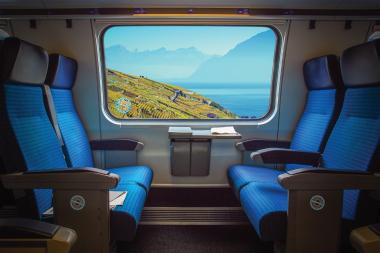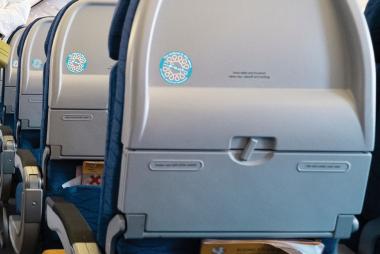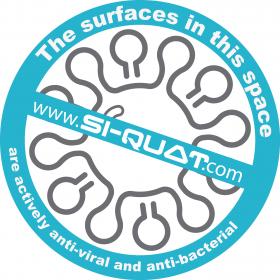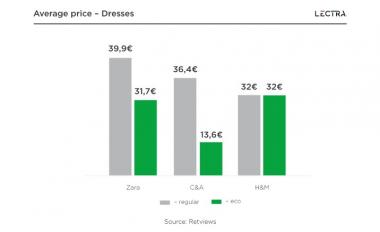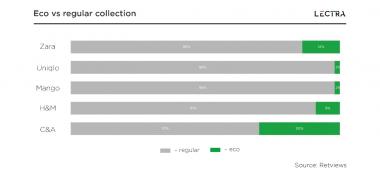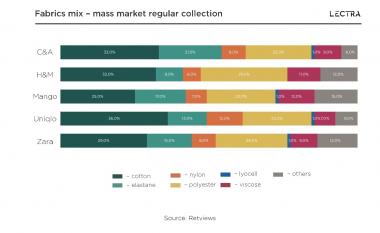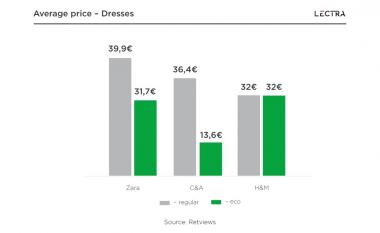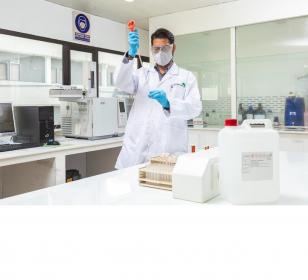NCTO President & CEO Kim Glas Testifies at U.S. International Trade Commission Hearing on Challenges Related to U.S. PPE Production
The U.S. International Trade Commission held a public hearing on September 23-24 as part of its investigation of conditions impacting U.S. industry sectors and supply chains in the production of medical goods related to the COVID-19 pandemic.
National Council of Textile Organizations (NCTO) President & CEO Kim Glas is testifying on panel 5.
“Amid the devastating challenges of responding to COVID-19, NCTO members have been at the forefront of deploying manufacturing resources to address the critical need for personal protective equipment (PPE),” Glas said in testimony prepared for delivery. “Our members quickly mobilized, proactively retooling production lines and retraining workers to provide U.S.-made PPE to frontline medical workers.”
“Despite these heroic efforts to confront the ongoing crisis, the onshoring of a permanent PPE industry will only materialize if proper government policies are implemented to incentivize the long-term investment needed to sustain PPE production in the United States,” Glas said.
Glas’ testimony as prepared for delivery can be found here.
NCTO
National Council of Textile Organizations











